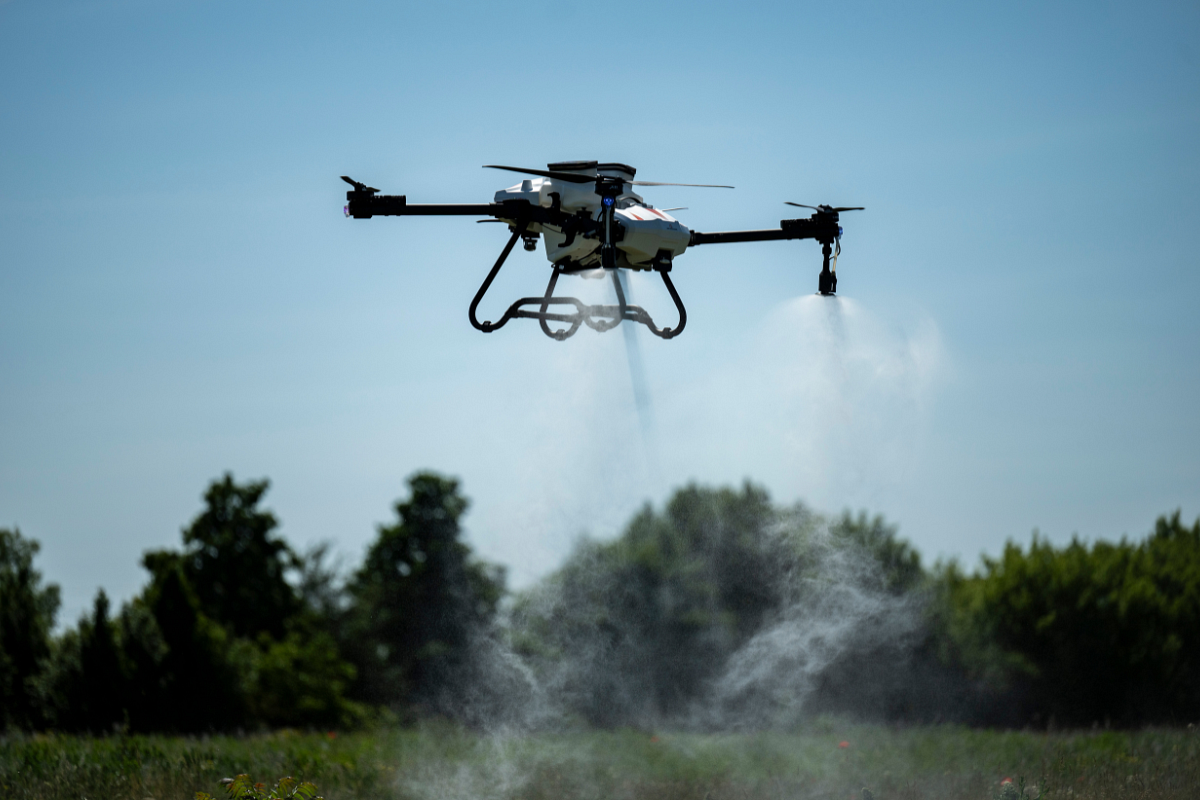
Introduction: Technology’s Ongoing Impact on Healthcare
Over the last decade, the intersection of technology and healthcare has reshaped the patient experience, clinician workflows, and health outcomes. From AI-powered diagnostics to robot-assisted surgery, innovations are not only improving accuracy but also making healthcare more accessible, personalized, and data-driven.
At the core of these advancements is one crucial element: medical data—and companies like medDARE are helping ensure that this data is ethically sourced, accurately annotated, and ready for use in real-world applications.
1. AI and Machine Learning: Smarter Diagnostics and Decision Support
AI algorithms are now capable of interpreting radiology images, identifying patterns, and even suggesting diagnoses with remarkable accuracy. Whether it’s detecting lung nodules on a CT scan or flagging signs of diabetic retinopathy on a fundus image, AI is making diagnostics faster and more reliable.
medDARE supports these innovations by providing:
- Expert-annotated CT, MRI, and X-ray datasets
- QA-verified clinical labels
- GDPR and HIPAA-compliant data workflows
2. Robotic Surgery and Simulation: Greater Precision, Faster Recovery
Surgical robots and minimally invasive platforms are helping surgeons perform complex procedures with unprecedented control and accuracy. Surgical simulators are also improving medical education and reducing risk through realistic, AI-powered training environments.
How medDARE helps:
- Annotated surgical and endoscopic video datasets
- Movement and instrument tracking for robotics training
- Custom data collection from clinical partners
3. Telemedicine: Remote Care Becomes Routine
The pandemic accelerated the adoption of telemedicine, enabling doctors to reach patients via video calls, mobile apps, and AI chatbots. This has improved access for rural populations and those with mobility challenges.
Behind the scenes: Tools like natural language processing (NLP) and smart triaging systems require quality text and imaging data to train. medDARE delivers that foundation through structured clinical datasets and medical annotations.
4. Wearables and IoT in Healthcare
Smartwatches, fitness trackers, and even connected inhalers now help monitor vital signs, detect arrhythmias, or manage chronic diseases in real time. The data they collect feeds back into health systems and AI models.
medDARE’s role: Our teams help develop machine learning models that interpret biosignals and movement data with precision, contributing to safer and more proactive digital health solutions.
5. Data Security and Compliance: Protecting Patient Trust
With the explosion of healthcare data comes the need for strong data governance. Ethical sourcing, anonymization, and regulatory compliance (like GDPR and HIPAA) are now baseline requirements for working with patient data.
medDARE’s commitment:
- Full ISO 27001, ISO 9001, HIPAA, and GDPR compliance
- Custom de-identification pipelines
- Transparent data partnerships with clinics across Europe and the US
Final Thoughts: Healthcare Is Smarter—But Only With the Right Data
Technology has improved healthcare in ways we couldn’t have imagined a generation ago. But every algorithm, device, and AI model depends on data that’s accurate, ethical, and clinically relevant.
That’s where medDARE steps in—as a trusted partner in collecting, annotating, and securing the medical data that fuels the future of healthcare.
Ready to build the next big healthcare innovation?
Explore our services atwww.meddare.ai











